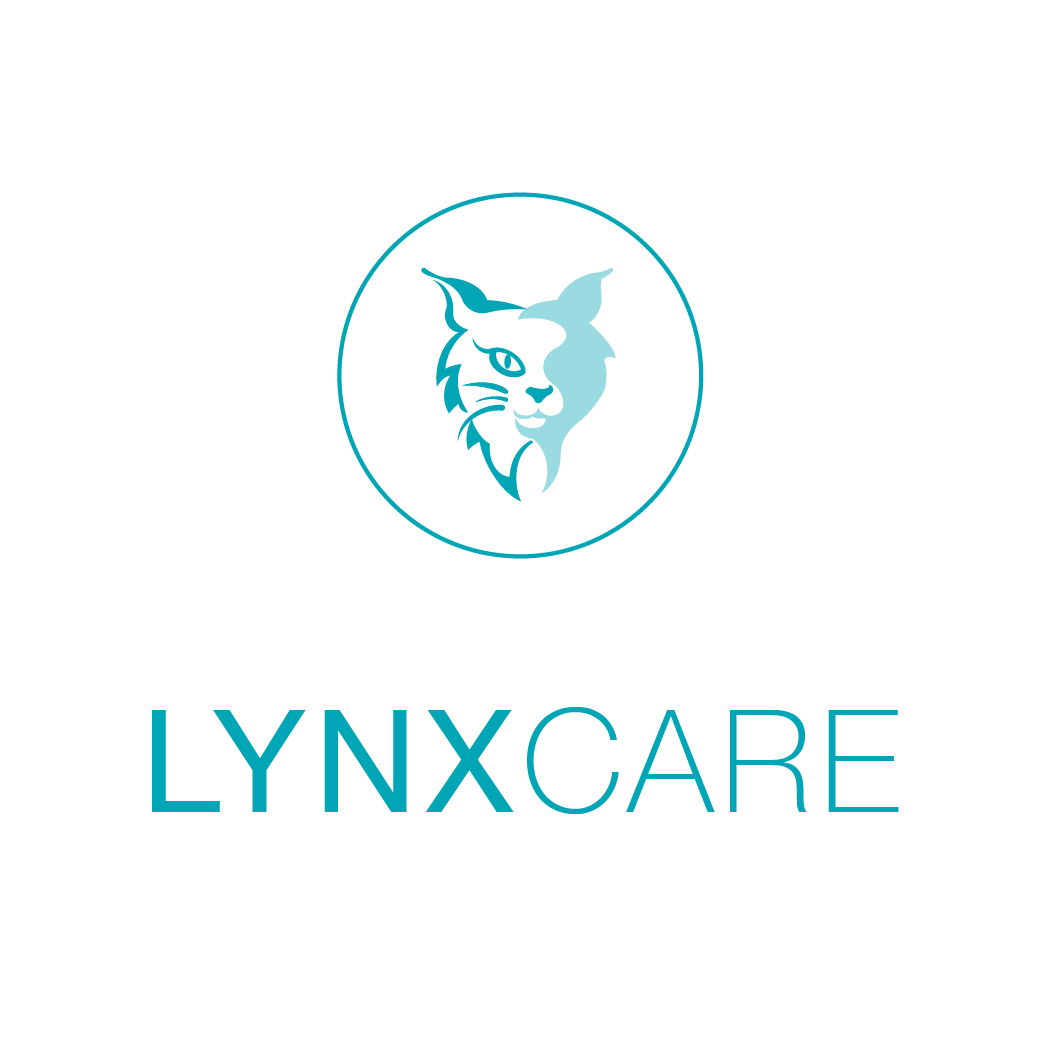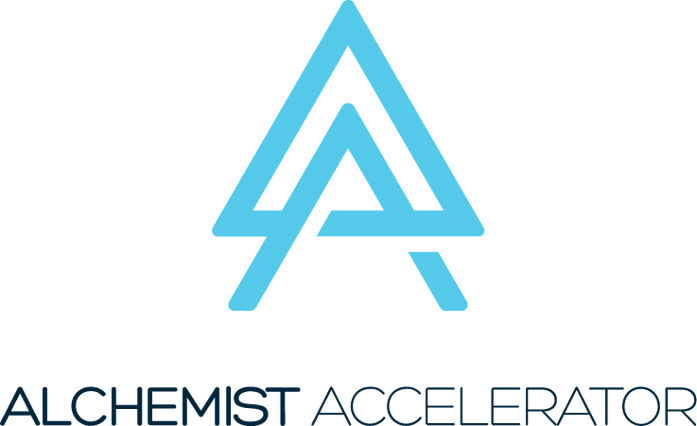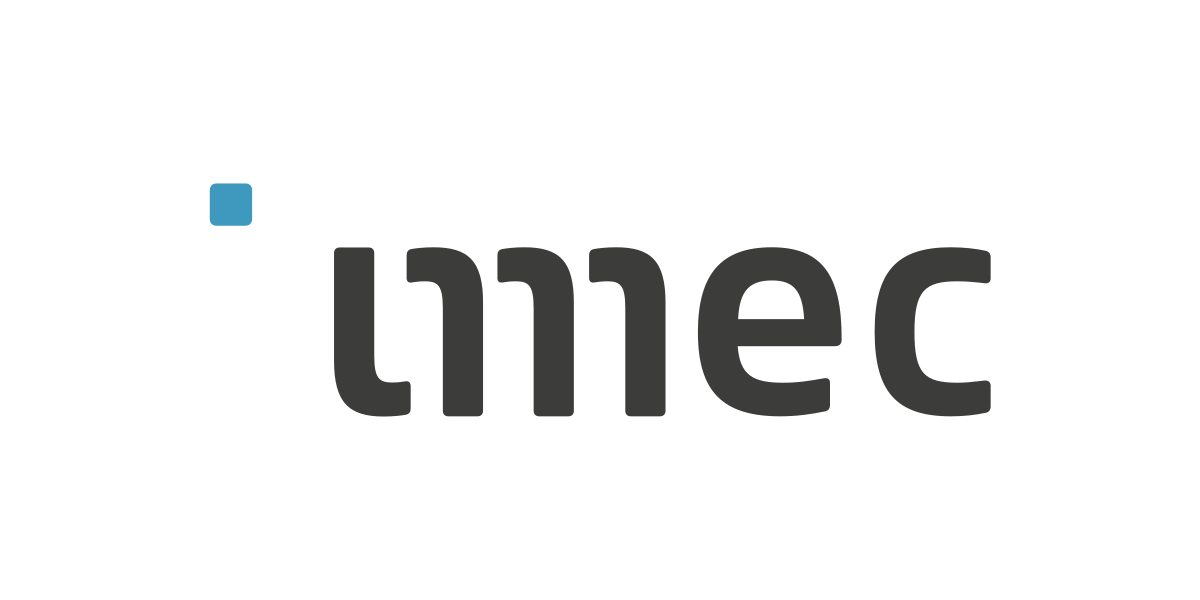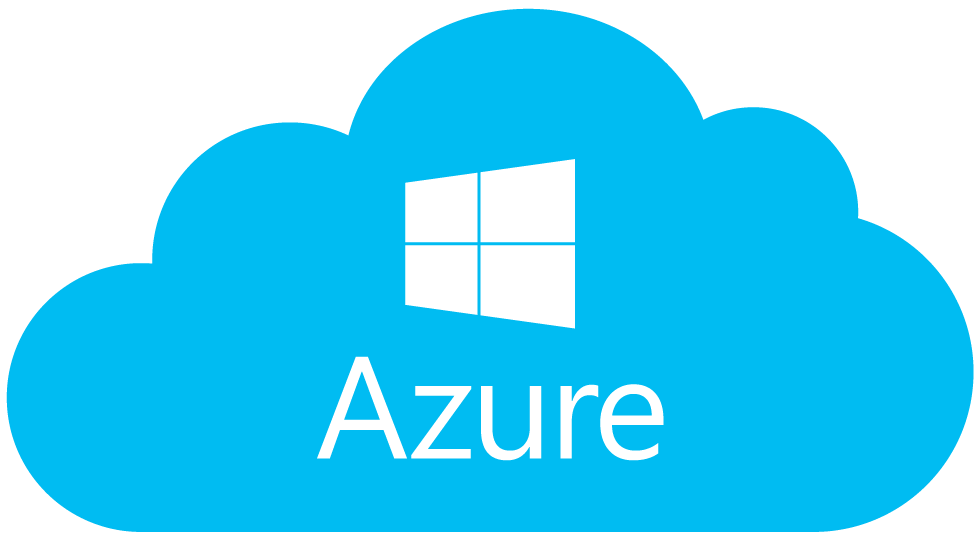ICHOM analyses the feasibility of implementing its Standard Set for Hip and Knee Osteoarthritis
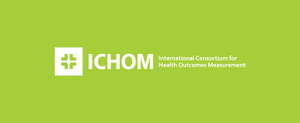 The International Consortium for Health Outcomes Measurement (ICHOM) is a not-for-profit organization that seeks to promote a transition to ‘value-based healthcare’ which focuses on providing high-quality care and achieving optimal patient outcomes. Lynxcare has been an ICHOM techhub partner for the past year and a half. For more information about the collaboration, please check our previous article here.
The International Consortium for Health Outcomes Measurement (ICHOM) is a not-for-profit organization that seeks to promote a transition to ‘value-based healthcare’ which focuses on providing high-quality care and achieving optimal patient outcomes. Lynxcare has been an ICHOM techhub partner for the past year and a half. For more information about the collaboration, please check our previous article here.
There is currently a major shift towards capturing healthcare outcomes that are more patient-centered, with significant interest from clinicians, healthcare organizations and health funders.
ICHOM has developed ICHOM Standard Set for Hip and Knee Osteoarthritis was which captures outcomes of care for OA, including joint replacement surgery. This study aimed to:
- implement the ICHOM Standard Set for Hip and Knee Osteoarthritis for patients undergoing joint replacement surgery for OA in public and private hospital settings;
- evaluate the feasibility of implementation;
- explore stakeholder experiences (patients, clinicians and administrative staff) regarding the ease of implementation and use of the Standard Set in these settings.
The Standard Sets incorporate existing PROMs instruments and new measurement items. They are designed to cover the full cycle of patient care (comprising non-surgical and surgical treatment) and can be used across different healthcare settings.
The Study
 Read the full publication here. Study participants comprised patients and other key stakeholders involved in the assessment or management of patients undergoing hip or knee replacement surgery for OA. Patients undergoing primary hip or knee replacement surgery for OA were approached and screened for eligibility.
Read the full publication here. Study participants comprised patients and other key stakeholders involved in the assessment or management of patients undergoing hip or knee replacement surgery for OA. Patients undergoing primary hip or knee replacement surgery for OA were approached and screened for eligibility.
The study also recruited orthopedic surgeons, physiotherapists, hospital executive staff, and clinic administrative staff from the clinical sites.
All patients approached to complete the baseline Standard Set were asked about their preference for paper-based, web-based or iPad-based questionnaire completion. Patient preference data revealed strongly that most participants preferred paper-based questionnaire completion, while few preferred web-based or iPad-based data collection. On average, baseline questionnaires were completed within 6 weeks prior to surgery.
Results

Significant improvements in important health outcomes were identified as early as 6 weeks after surgery, supporting the responsiveness of specific PROMs tools. While the patient interviews were relatively short in duration, they elicited four key themes, as listed below:
- Patients’ understanding of patient-reported data collection is variable
- PROMs are perceived to be valuable
- Completion of PROMs represents a minimal burden on patients
- Paper-based questionnaire completion is preferred
Four key themes were identified from the staff interviews:
- PROMs are perceived to be valuable
- The requirement for dedicated personnel
- Identified gaps in IT resources
- Benefits associated with using the ICHOM standard set
The study shows it is increasingly recognized that PROMs can be used in a variety of ways: to support clinical care , to guide healthcare funding and resource allocation decisions , and for benchmarking . Supporting these functions, the ICHOM Standard Sets provide a readily available and internationally-recognized mechanism for longitudinal data collection and a means for reporting healthcare outcomes to clinicians, healthcare organizations and health funders. Based on their analysis, the ICHOM Standard Set for Hip and Knee Osteoarthritis can be feasibly implemented in ‘real world’ clinical settings, but with a number of important changes:
- The implementation and ongoing data collection requires a dedicated person to manage all of the required processes.
- Strong IT support is essential for database development, the development of patient and clinician reminder systems and data collection interfaces, and data extraction tasks.
- There is a need for flexibility, as ‘ideal’ methods of data collection may not work well in practice. This is particularly relevant for busy public hospital outpatient settings, where data collection may not be feasible within a clinic appointment.
- In the study it was evident that paper-based data collection was most popular among our participants. However, this was a very time-consuming approach and unlikely to be manageable in the longer term as patient numbers grow.
Clinicians found it challenging to administer the PROMs in the busy pre-admission and outpatient orthopaedic clinic environments, and this likely reflects competing clinical and administrative priorities. They were required to manually extract the Standard Set clinical data from the hospital databases, as, according to them, an automated system for extracting these data does not currently exist.
How Lynxcare can help
As Lynxcare's technology is able to automatically process unscattered data, the problem underlined by ICHOM is answered. Hence, the challenge clinicians were facing to manually extract the Standard Set clinical data will be solved if they'd use Lynxcare's platform. Indeed, using AI and NLP, the technologyto mine clinical data outcome directly from medical files and automate the extraction from medical files and to automate extraction and coding of medical concepts from source data.
